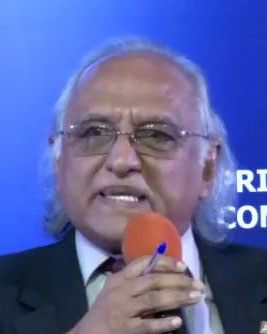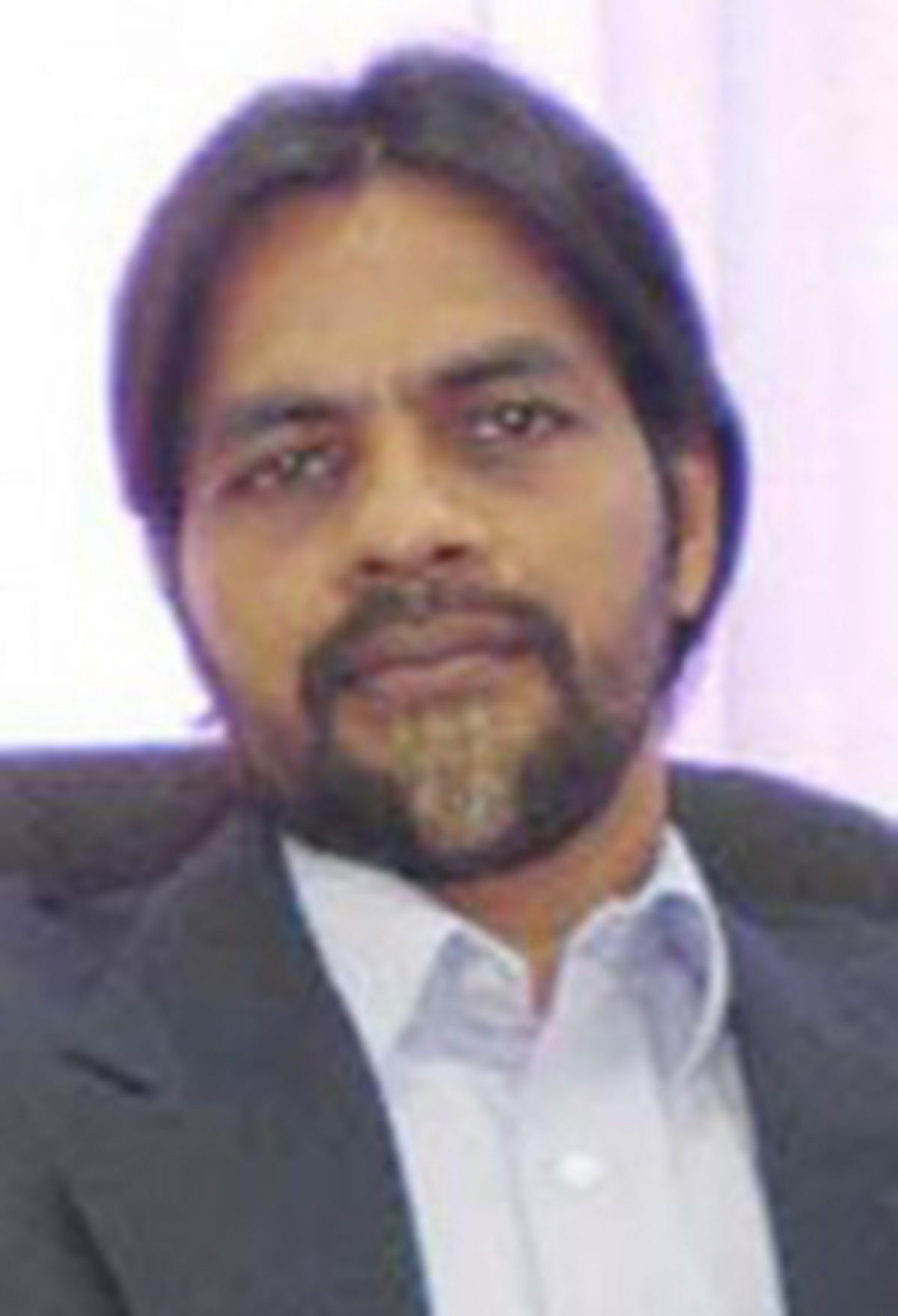Article 13, a newly-formed Guyanese civil society organisation, yesterday announced plans to push for better governance, accountability and the inclusion of the citizenry in making decisions for national development.
“Our group, Article 13 has been created to ensure that the people of Guyana are represented and heard at all levels in debating Guyana’s development and in achieving a thriving and sustainable society. Our objectives include advocating for good, transparent, accountable, and responsible Governance as well as identifying and proposing solutions which advance our country and our people,” the group said in a statement ahead of its launch last evening on Christopher Ram’s Plain Talk television programme.
“We invite and pledge to work with all Guyanese to the securing of inclusionary democracy, good governance and a better future for all. In this regard, we look forward to working in collaboration with the private and public sectors, the Government, the Opposition, the Legislature, Guyanese at home and abroad and regional and international groups to advocate, educate, promote and lead the quest for transparency, good governance and inclusionary Government in Guyana,” it added.

The group is named after the Constitutional Article that identifies “inclusionary democracy” as the objective of Guyana’s political system.
Article 13 of Guyana’s Constitution states, “The principal objective of the political system of the State is to establish an inclusionary democracy by providing increasing opportunities for the participation of citizens, and their organisations in the management and decision-making processes of the State, with particular emphasis on those areas of decision-making that directly affect their well-being.”
The group’s statement was signed by its coordinators, who are Ram, the well-known chartered accountant and attorney, and consumer advocate Yog Mahadeo.
Other members of its leadership are not yet known. The organisation yesterday said its executives would be crafting several positions on the ills facing Guyana with the aim of lobbying the 65-seat National Assembly.
Ordinary citizens and interest groups could petition the National Assembly, through a parliamentarian, to consider their concerns.
The organisation touts itself as being made up of “several patriotic Guyanese” who plan to engage Guyanese to influence decision-making that affects their well-being. “We are individuals and organisations engaged in diverse areas of work but united in our commitment to the ideals set out in the Preamble to the Constitution, including the creation of a harmonious community based on democratic values, social justice, human rights, and the rule of law,” the organisation said.
The group said that after more than 40 years since its pronouncement in the 1980 Constitution and almost two decades since that objective was elevated to a right protected under Article 149 (2) of the Constitution, Article 13 “remains an unfulfilled Constitutional mandate.”
Among the challenges facing Guyana, as identified by the group, are politics that are more about political party competition and power than Guyanese, an economic model that is based on low wages and worker marginalisation, unequal distribution of wealth, and the benefit of Guyana’s wealth to foreign entities that “have no stake in our present or future well-being”
Other challenges it identified include reduced security by damage to Guyana’s natural environment and sea defences, and an energy policy that aims to keep Guyana dirty and transfer basic energy supply into foreign control. “The rule of law is too often selectively applied, even subverted when it comes to environmental safeguards,” it added.
In addition, the group also pointed to “obscure” government transactions, as well as the possibility that Guyana’s elections machinery can be hijacked by a minority bent on subverting the country’s democracy, the selective establishment and pursuit of constitutional and statutory bodies and mandates, and rising crime, especially against women and children. The organisation notes that “high-quality” health and education are only available to those who can pay.
“The modest goal of our group is to advocate for these aspirations and rights to be realised, for a land and a country of which wherever we roam, we can hold our heads high, stand tall and proudly proclaim that, as a nation, we live our dreams,” it said.






